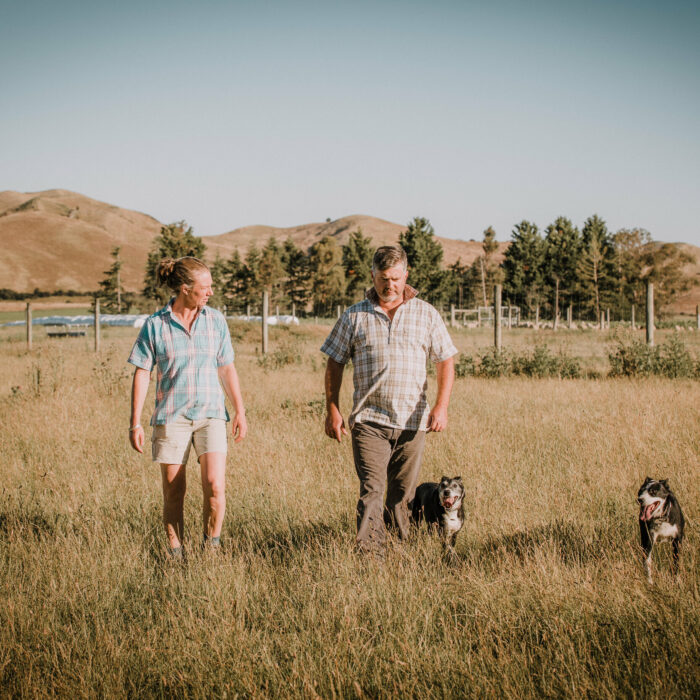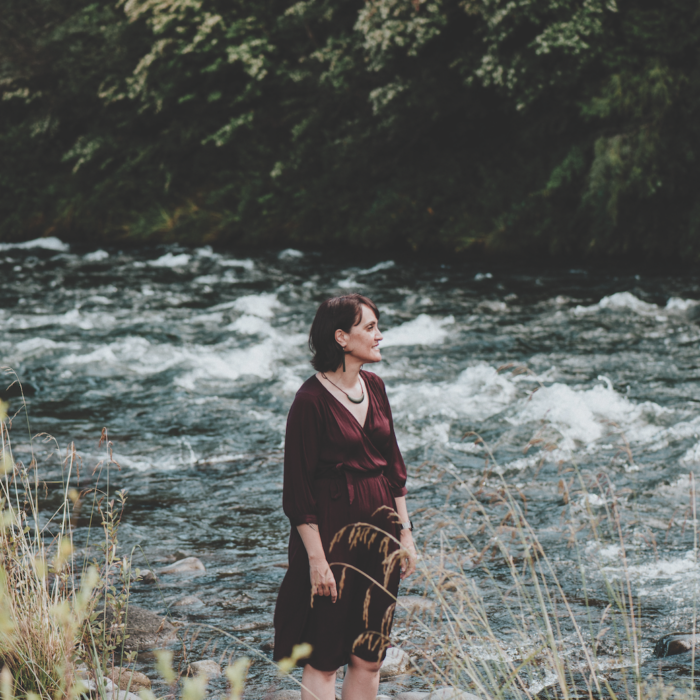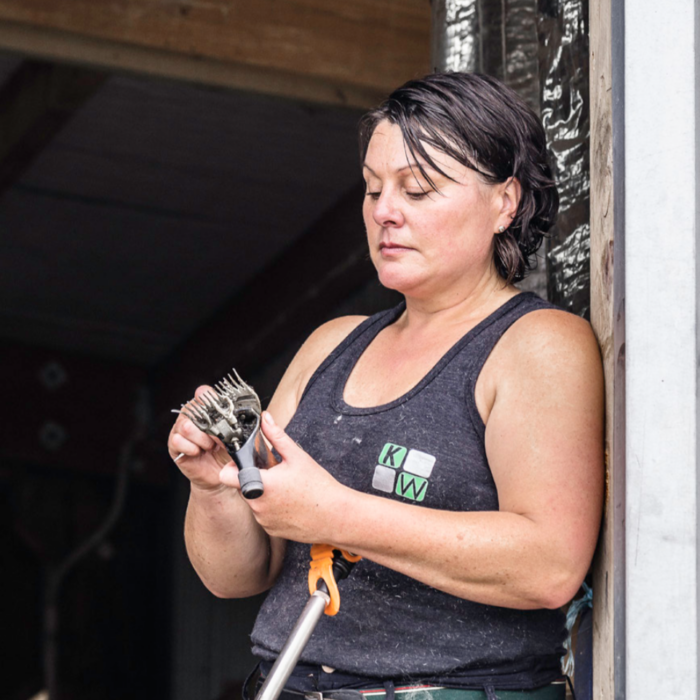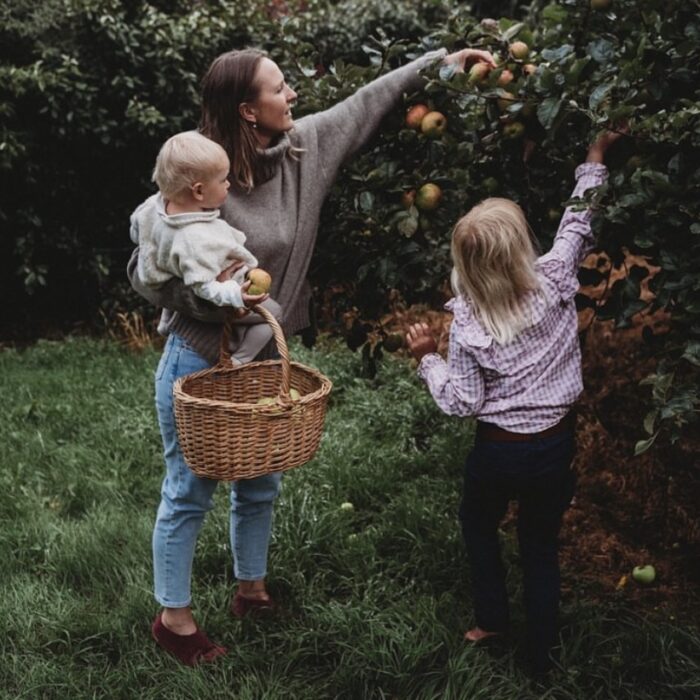11 December 2022
Education as ‘succession planning’: shaping future generations with manaaki and aroha
writer: ANNA BRANKIN (KĀI TAHU, KĀTI MĀMOE)
photographer: FRANCINE BOER
For Maikara Ropata, 59, living and working on Waiheke Island is a tribute to her maternal grandparents Kato (Whakaita) Kauwhata and Piwara Poka, and the huge influence they have had on her life. She spoke to Anna Brankin about how she uses waiata, kapa haka and education in te ao Māori to help shape future generations of decision makers.

Although she was born and raised in suburban Auckland, Maikara’s whakapapa stretches the length of Te Ika a Māui. Her father’s Ngāti Raukawa and Ngāti Toa Rangatira side connects her back to Otaki, while her mother is of Ngāpuhi descent, rooted in the heart of the Hokianga.
“I was fortunate to grow up with the strength of my parents and my grandparents, who lived close by when I was young,” she says. “We lived in Ōtara and they were in Glen Innes until they moved to Waiheke, so we had a lot of contact.”
An enduring whānau connection to Waiheke Island began in 1971, when Maikara’s grandparents made the decision to purchase a plot of land at Onetangi for their renowned māra kai. “Before that, I remember them having gardens on land they must have leased at Mount Wellington, next to the train tracks,” Maikara says. “They were hard working and generous, always willing to share the kai they grew. But people took advantage of them, never showing up to help in the garden until harvest day and eventually my grandmother just had enough.”
A year after establishing a foothold on Waiheke Island, Maikara’s grandparents bought a bach in Ōmiha, and they travelled there almost every weekend for fifteen years before eventually making the move to living full time on the island. Their mokopuna, who they saw regularly, were always welcome, and Maikara has fond memories of weekends and holidays spent at the bach – and it is where she has lived for the past nine years, since she settled on the island herself in 2013.
Today, Maikara is a well-loved member of the local community, committed to carrying on her grandparents’ legacy. She works part time at Waiheke Primary School, teaching kapa haka and te reo Māori to a new generation of tamariki. Like her grandfather before her, she has established herself at Piritahi Marae, where she runs wānanga and events that aim to revitalise all aspects of te ao Māori – tikanga and te reo, waiata, taonga puoro, toi Māori and rongoā.
Maikara undertakes this mahi using the wealth of knowledge and experience she has accumulated throughout her life, beginning with her childhood in Ōtara. “I’m number seven of eight children, and on top of that there were constantly other people in our house – extended whānau, my siblings’ friends,” she remembers. In retrospect, she has come to attribute this to the warm and secure environment that her parents naturally created. “I eventually realised that people came to our house to be safe. They knew it was somewhere they would be okay, they would be fed. We were one of many Māori whānau within the community and our friends had a lot of respect for my parents.”


Growing up, Maikara was always aware that she was fortunate to have the love and support of her whānau and the freedom to enjoy her childhood. “I grew up as a kid, and by that I mean I was able to just be a kid,” she says. “I didn’t have to grow up any faster than I was meant to, unlike kids in many of the whānau we knew.”
The whānau spent evenings and weekends growing or gathering kai, whether that was working in her parents’ large backyard garden, visiting local spots to gather puha and watercress or eeling and fishing. “At the time it was all a fun adventure, and it wasn’t until I was an adult that I realised that this was how my parents managed to sustain our family.”
Weekend visits to Waiheke Island began when Maikara was nine years old, and she says that this was when she learned the value of hard work. “My grandparents instilled their work ethic in my siblings and me, and we learned that we needed to do things properly before we’d get the goodies,” she laughs. “This site [the bach] is volcanic so there are rocks everywhere. We’d spend the morning in the garden getting rocks to make walls for my grandfather’s kūmara patch, and then we’d spend the afternoon at the beach.”

It didn’t take long for Maikara’s grandfather to immerse himself in the community on Waiheke, eventually becoming the chair and a respected kaumātua of Piritahi Marae. “He was constantly at the marae and through that he came to nurture many people,” she says. “A lot of people came to him needing support, trying to find themselves, and he was always there for them.”
It was this manaaki and aroha that shaped Maikara’s aspirations for her own life. “The example set by my grandparents and my parents was the key influence for my decision to become a teacher,” she says. “Although we didn’t grow up speaking te reo Māori, the tikanga and the kaupapa was always there."
Maikara had the opportunity to learn te reo Māori in early adulthood, when she began volunteering and later was employed at her daughter’s kohanga reo. In those days, learning opportunities were few and far between and she jumped at the chance. In 1991, Maikara enrolled at Teachers’ College. At the time, many of her peers (including her sister) were training to teach at kura kaupapa Māori. There was a lot of pressure on Maikara to follow the same path, but she made the decision to teach at mainstream primary schools.
“I remember a kuia asking me why I chose to go into mainstream education, and I said ‘There’s more Māori in mainstream than in kura kaupapa Māori, and those in kura, their parents already understand the kaupapa,’” she recalls. “My passion is still working with Māori kids within mainstream schools, and over the years I have also seen the benefit of non-Māori kids getting to learn from a Māori teacher as well.”

From the beginning of her teaching career, Maikara has always understood the potential impact she can have on her students’ lives. She sees teaching as “succession planning”, shaping future generations of decision makers. “All of the experiences kids have in my classrooms will stay with them, and as they get older, they’ll make choices based on those experiences,” she says. “I hope that I can inspire them to continue to learn te reo Māori in other settings, and to understand te ao Māori and make decisions that respect it. Some of my students may grow up to be politicians and when it comes to making decisions on behalf of Māori, I hope they remember the positive experiences of my classroom.”
Maikara has always followed her own unique approach to teaching, incorporating her understanding of te ao Māori with a commitment to meeting the specific needs of her students. “I teach from a Māori lens, and I always try to put myself in the particular situation of the student,” she explains. “If I was the person learning, what would I want to know? How would I like to learn?”
This approach continues to serve Maikara well in her work at Waiheke Primary School, as well as with the adults she teaches through the courses she runs at the marae. “I’m always hoping to show people the way, so they can feel it and have a greater understanding of what it means rather than just sitting down with a pen and paper,” she says. “I find waiata to be the best vehicle for teaching te reo Māori. It’s a language in the air, it captures the poetry and the vibrations of the song move within you.”

Maikara recently oversaw Kōtahi Aroha, a celebration that saw tamariki from all of the schools and kindergartens on the island come together to perform, and through doing so, gain a sense of confidence and pride – and hopefully, a lifelong love of kapa haka. “If you want to bring the community together, creating an event that celebrates our tamariki is a no brainer . . . I know that grandparents will come out to see their mokopuna.”
Along with waiata, Maikara teaches taonga puoro. “I love sound: waiata, taonga puoro, it’s all the same thing to me. It can help people, it helps their wairua and their mauri. So I take those sounds to the classroom.”
More recently, she has begun exploring opportunities to facilitate programmes that she herself can benefit from, to further grow her skills. “In a way it’s about leading by example, and reflecting on what I would like to see within the community for me and for my whānau,” she says. “If something doesn’t exist, it’s up to me to create the space for it.” This approach led to the creation of a weaving group that brought tutors to Waiheke Island to work with aspiring local weavers, Maikara included. More recently, it inspired Piki Te Ora, a kaupapa that brings tohunga across to Waiheke Island to practise traditional Māori healing for whānau members.
Maikara is always pleased with the interest and support her programmes receive from the wider Waiheke community, and the opportunity to foster connection between Māori and Pākehā. “Our events are always well-received, because people know they’ll get something out of them, even if it’s just a hāngī,” she says. “But through that engagement, we’re always teaching them about reciprocation, and not just in dollar terms. It’s about investing your time in building an authentic relationship.”
Glossary. Aroha, love. Hāngī, food cooked in an earth oven. Kai, food. Kapa haka, performance. Kaumātua, elder. Kaupapa, principles, values, ideas. Kohanga reo, early childhood education centre where all education is delivered in te reo Māori. Kuia, female elder. Kūmara, sweet potato. Kura kaupapa Māori, Māori-language immersion schools. Mahi, work. Manaaki, generosity, care. Māra kai, vegetable garden. Marae, meeting house. Mauri, life force. Mokopuna, grandchildren. Puha, leafy green plant. Rongoā, traditional medicine. Tamariki, children. Taonga puoro, traditional Māori musical instruments. Te ao Māori, the Māori world view. Te reo Māori, the Māori language. Tikanga, customs. Tohunga, experts. Toi Māori, Māori arts. Waiata, song, singing. Wairua, spirit. Wānanga, meetings, discussions. Whakapapa, genealogy, lineage, descent. Whanau, family.

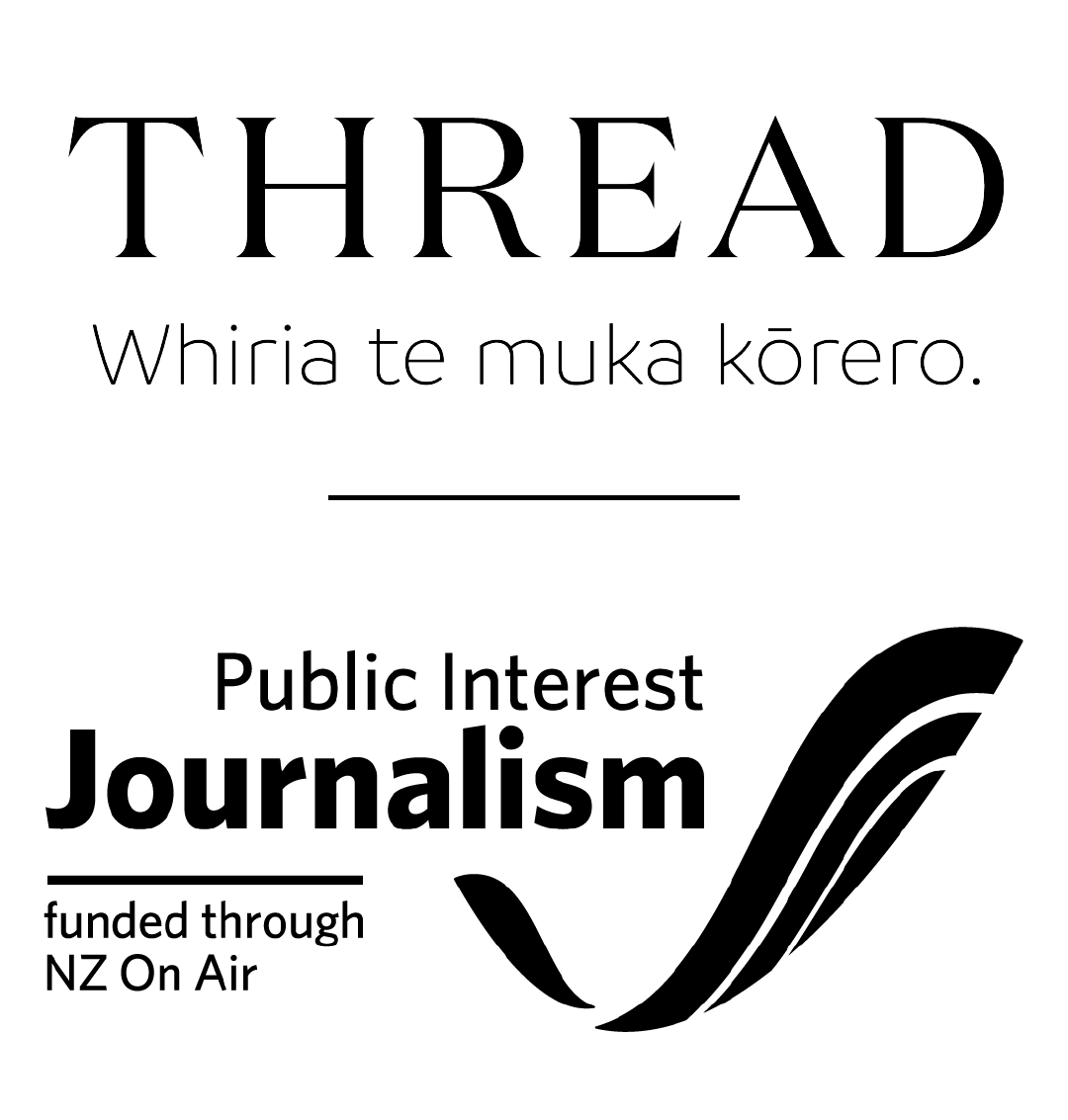
This story is part of THREAD, a year-long project by Shepherdess made possible thanks to the Public Interest Journalism Fund through NZ On Air.
If you enjoyed this story, please share with someone else.
Get your hands on a copy of Shepherdess.
Related Stories
Te Mana o te Wai
The mahi of Tina Porou supports the way to a more resilient future of freshwater management in Aotearoa.
